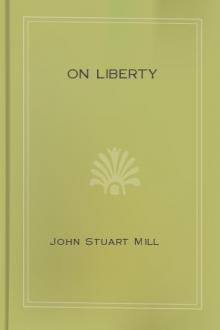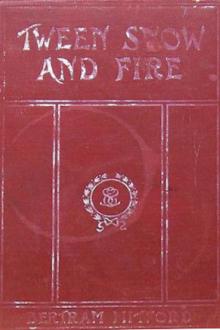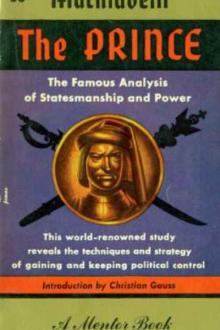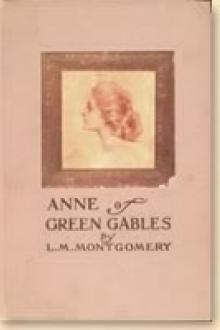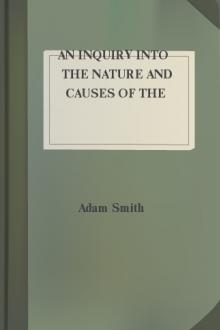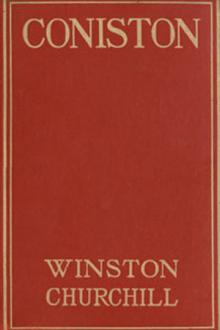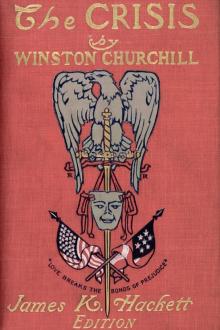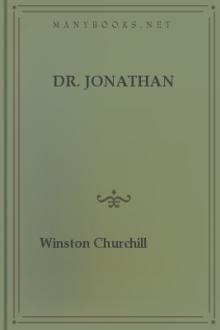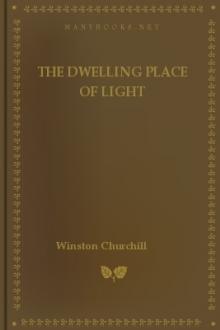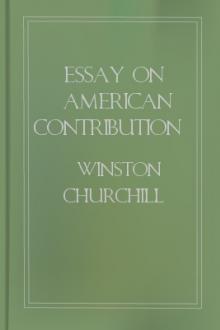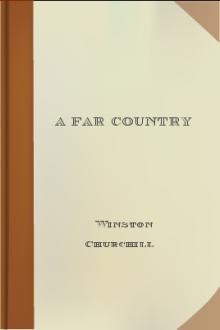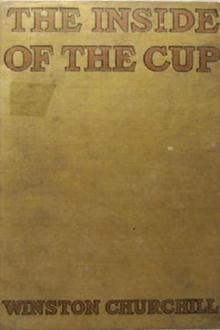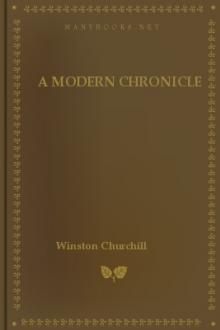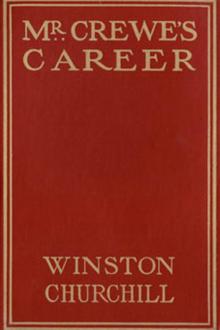Liberalism and the Social Problem
Liberalism and the Social Problem
Book Excerpt
as both questions involved necessary alterations in the Letters Patent, the time was ripe, quite apart from any difference which the change of the men at the helm might make, for a reconsideration and review of the whole form of the government which was to be given to the two Colonies.
The objection that must most readily occur in considering Mr. Lyttelton's Constitution is that it was unworkable. It proposed that there should be from six to nine nominated Ministers in an Assembly of thirty-five, afterwards to be increased to sixty elective members. The position of a Minister is one of considerable difficulty. He often has to defend rather an awkward case. When favourable facts are wanting he has to depend upon the nimbleness of his wits, and, when these fail him, he has to fall back upon the loyalty of his supporters. But no Minister can move very far upon his road with satisfaction or success if he has not behind him either a nominated majority or an organised Party majority. Mr. Lyttelton's Minister
Editor's choice
(view all)Popular books in Politics, History
Readers reviews
0.0
LoginSign up
Be the first to review this book
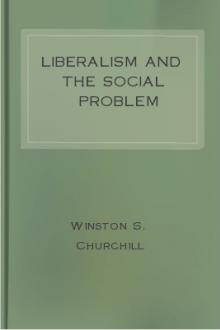
 Free Download
Free Download














